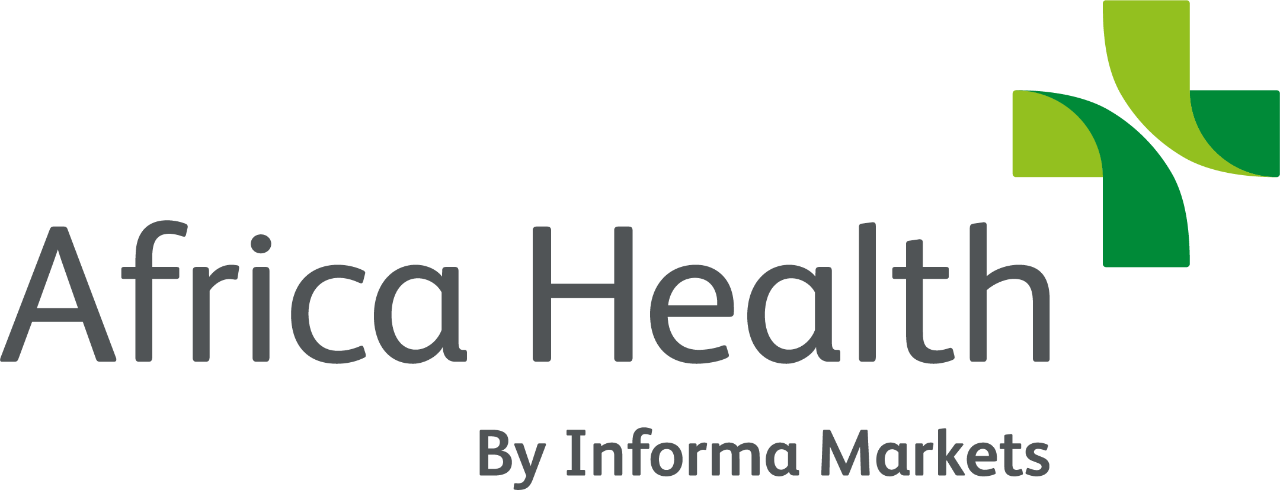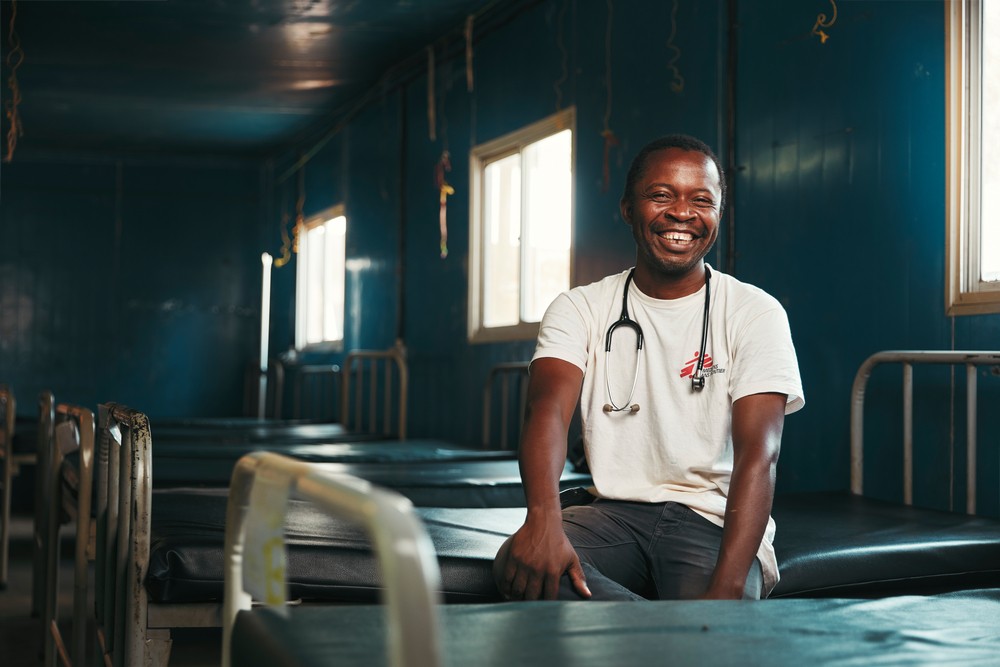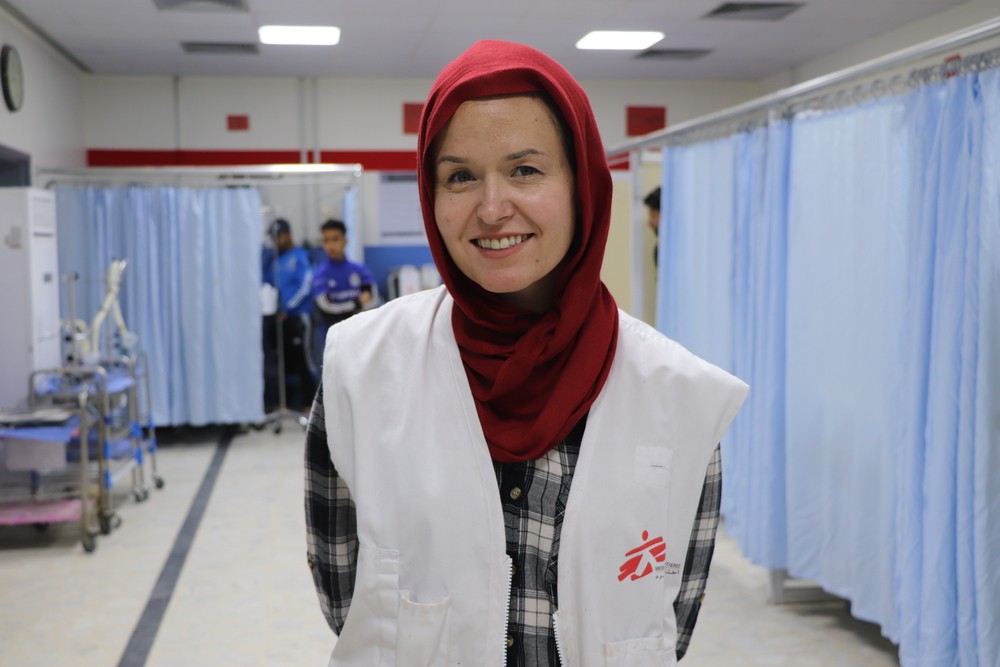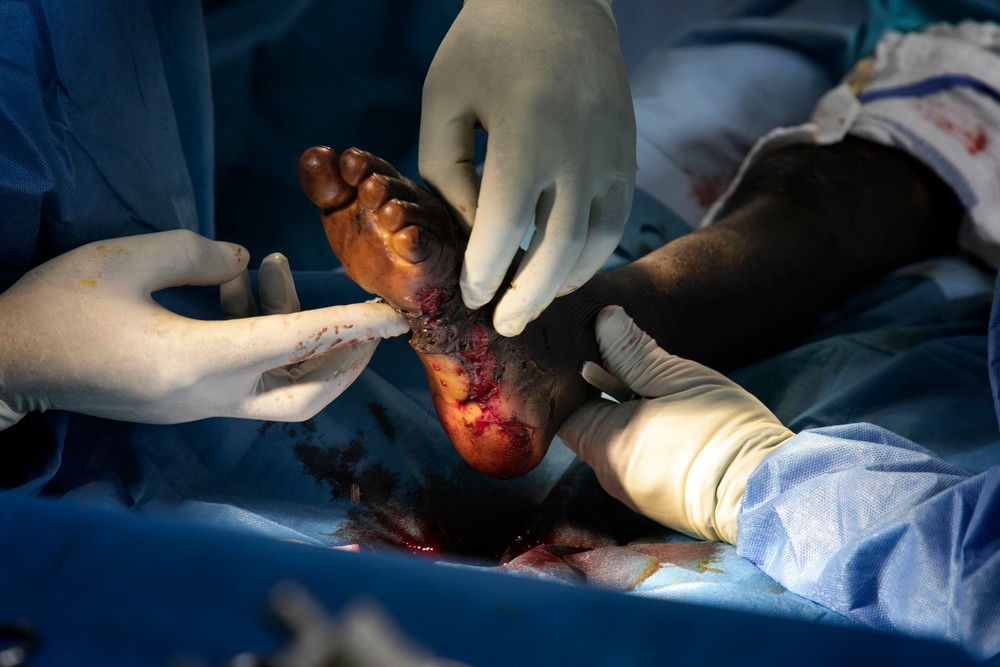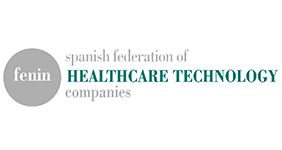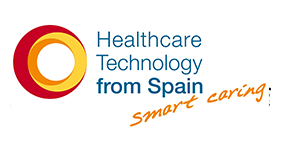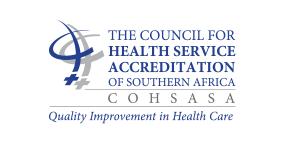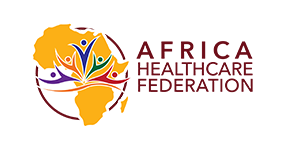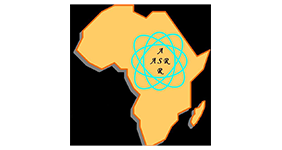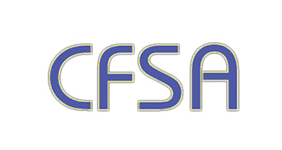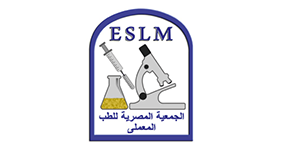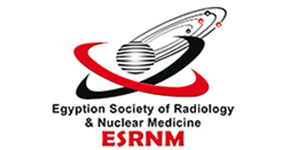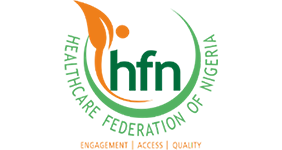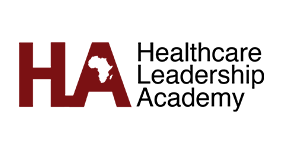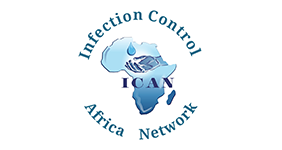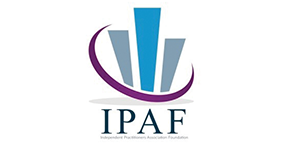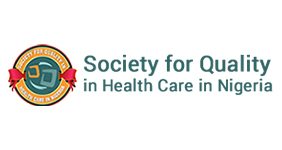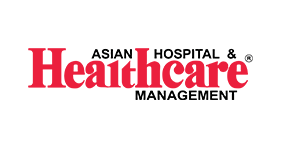Doctors Without Borders (MSF): We are medical,
professional, principled, practical and human
MSF is a global network of principled medical and other professionals working in teams, small and large, to respond to the medical needs of people affected by conflict, disasters and epidemics and those excluded from healthcare. Our actions are guided by medical ethics and the principles of impartiality, independence and neutrality. We work in 70 countries globally and we have been active in South Africa since 2000.
“MSF in South Africa, with partners, demonstrated that people living with HIV, when empowered, are able to overcome the obstructions of government politicians, complacent public service workers, AIDS denialists, the profit-hungry pharmaceutical industry and all their complicit officials. For this and many other reasons, I always encourage young medical professionals to join MSF.” – Dr Hermann Reuter, former MSF project coordinator in Khayelitsha and Lusikisiki, and a recent volunteer at MSF’s COVID-19 field hospital in Khayelitsha.
We work to develop practical ways to provide medical care that is adapted to the realities that patients and communities face, using the available resources to provide the best quality medical care possible.
“During the COVID-19 pandemic, we worked to adapt the ways we deliver essential health services, such as contraception, safe abortion care, and post-abortion care. We’re trying to limit the time spent in health facilities and move toward more community-based activities, remote support of services, and self-care models. These models of care are not just temporary solutions to the pandemic; they are opportunities to fundamentally change how sexual and reproductive health services are delivered, in order to make them more accessible and support people’s autonomy.” – Dr Manisha Kumar, head of MSF’s safe abortion care team.
We recruit medical, administrative, and logistical support personnel in order to provide medical care to people in crisis worldwide. Every year, around 3,000 MSF field staff provide lifesaving medical assistance to people who would otherwise be denied access to even the most basic health care. Nearly 200 MSF Southern Africa fieldworker are part of our team.
“In 2018, the emergency room (ER) of Imam Ali hospital received an average of 20,000 patients per month. This means that doctors treat up to 700 people per day. It’s a massive load of people for a regular-sized hospital. An MSF team first visited the Imam Ali hospital in 2017, and immediately proposed improving the way the ER worked. We started by providing donations of equipment to the hospital, and went on to renovate the whole ER. We had suggested implementing a triage system, which meant adapting the layout of the department. By the time Imam Ali hospital’s new ER opened in December 2018, doctors and nurses were ready to work with the new system. Since then, the chaos that was a daily challenge has become much more manageable. Doctors and nurses have really adopted this new system and taken ownership of it.” – Dr Sian Geraty, Emergency Medicine specialist from South Africa.
If you believe that #ActionsSpeak, JOIN US.
Find out how visit www.msf.org.za/work-with-us.

